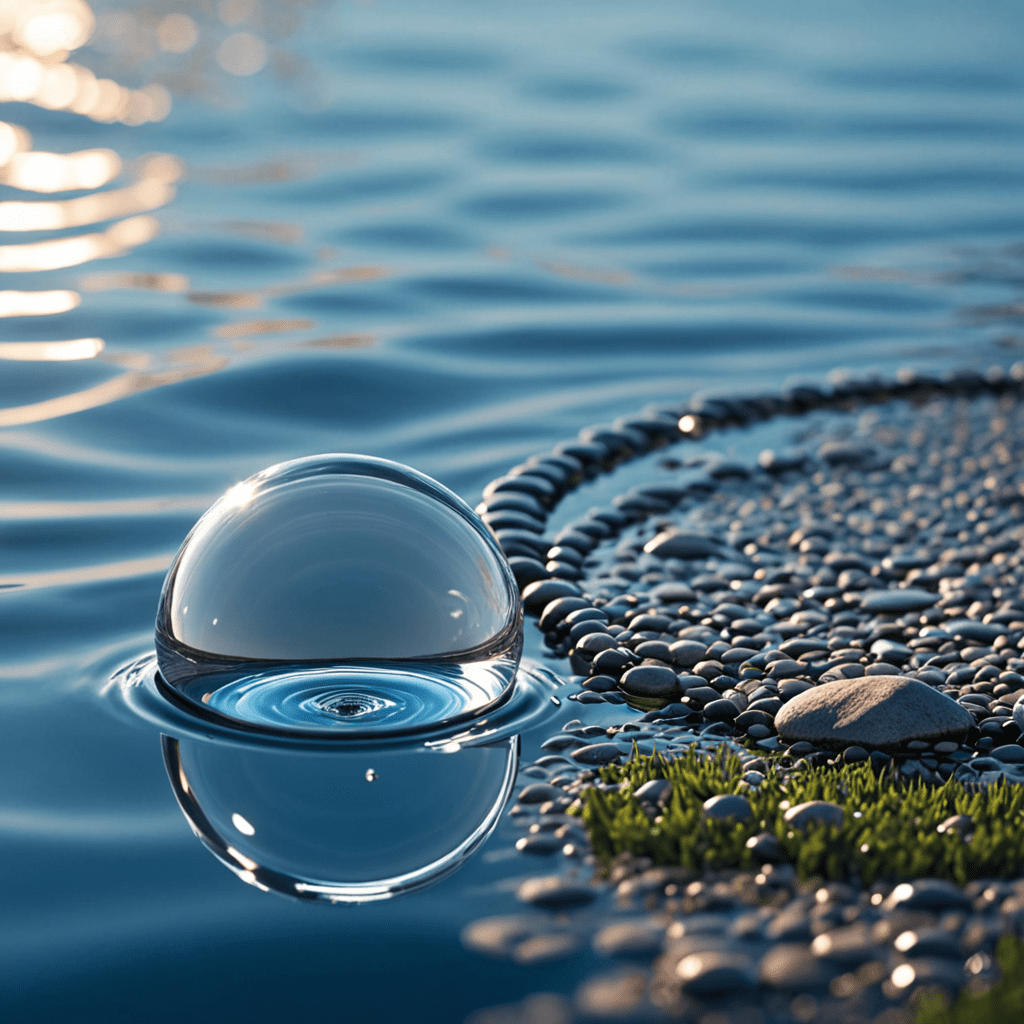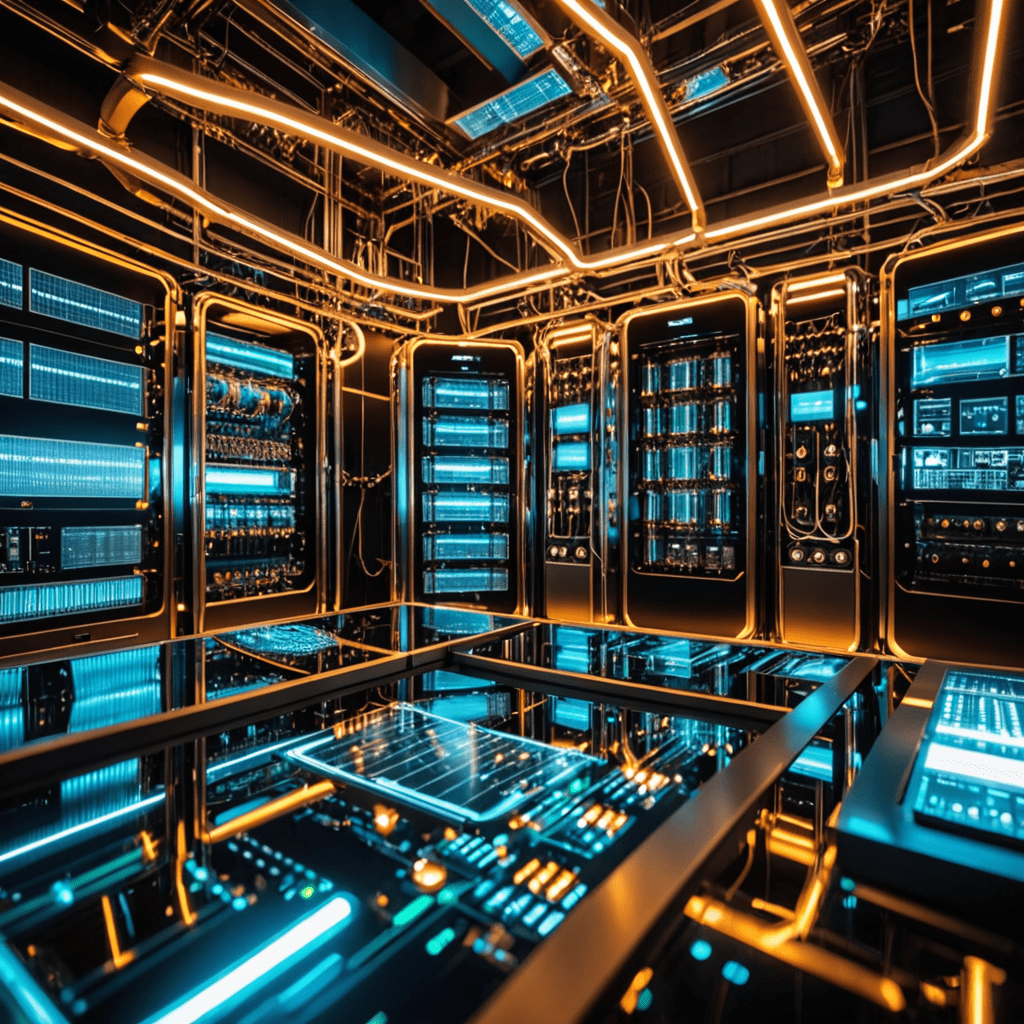
Nanotechnology in Water Conservation: Efficient Water Management Solutions
Introduction to Nanotechnology in Water Conservation
Nanotechnology, the manipulation of matter at the nanoscale level, offers innovative solutions for efficient water management. By harnessing the unique properties of nanoparticles, nanotechnology plays a pivotal role in addressing water scarcity and improving water quality.
Enhanced Water Filtration Systems
Nanotechnology has revolutionized water filtration systems by introducing nanomaterials that can effectively remove contaminants and impurities from water. Nanoparticles such as carbon nanotubes and graphene oxide enhance filtration efficiency, resulting in cleaner and safer drinking water.
Nanomembranes for Desalination
Desalination, the process of converting seawater into potable water, benefits from nanotechnology through the development of nanomembranes. These ultra-thin membranes enable selective permeation of water molecules while blocking salt ions, making desalination more energy-efficient and cost-effective.
Nanosensors for Water Quality Monitoring
Nanosensors are crucial in monitoring water quality by detecting minute levels of pollutants and harmful bacteria. These sensors provide real-time data on water contamination, enabling prompt responses and preventive measures to safeguard public health and the environment.
Nanoparticles for Water Purification
Nanoparticles like silver and titanium dioxide exhibit antimicrobial properties that can disinfect water by inactivating pathogens. Utilizing nanotechnology for water purification offers sustainable and eco-friendly solutions without relying heavily on chemical treatments.
Smart Nano Irrigation Systems
Nanotechnology is incorporated into irrigation systems to optimize water use in agriculture. Smart nano irrigation systems deliver water directly to plant roots, reducing wastage and improving crop yields. This sustainable approach enhances water efficiency in farming practices.
Future Implications and Sustainability
The application of nanotechnology in water conservation holds immense promise for sustainable water management solutions. Continued research and development in this field are essential to address global water challenges, promote resource conservation, and ensure access to clean water for all.
FAQs about Nanotechnology in Water Conservation
What is nanotechnology in the context of water conservation?
Nanotechnology involves manipulating materials at a very small scale, typically at the nanometer level. In water conservation, nanotechnology is used to create innovative solutions for managing water resources efficiently.
How does nanotechnology contribute to efficient water management?
Nanotechnology enables the development of advanced water purification systems that can remove contaminants at the molecular level, leading to cleaner and safer drinking water. It also helps in efficient water desalination processes, reducing the energy required and costs involved.
What are some examples of nanotechnology applications in water conservation?
Some examples include using nanomaterials like carbon nanotubes and graphene oxide for water filtration, developing nanosensors for detecting pollutants in water, and using nanocoatings on surfaces to prevent biofouling and corrosion in water systems.
Is nanotechnology safe for water conservation applications?
Extensive research is conducted to ensure the safety of nanotechnology solutions for water conservation. Proper regulation and testing protocols are in place to assess the environmental and health impacts of nanomaterials used in water management.


